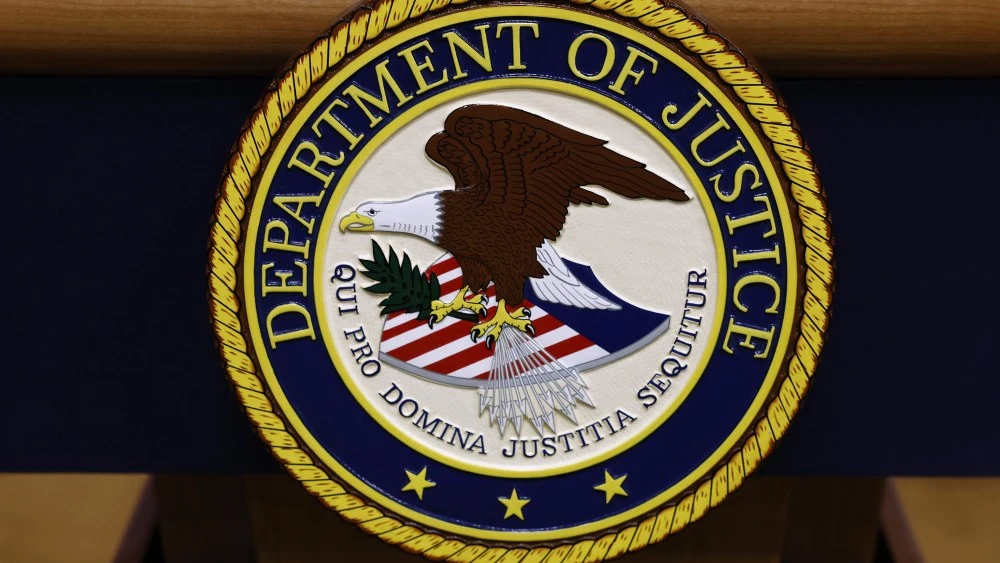Five Men Convicted of Operating Massive, Illegal Streaming Service That Allegedly Had More Content Than Netflix, Hulu, Vudu and Prime Video Combined
Five Men Convicted of Operating Massive, Illegal Streaming Service That Allegedly Had More Content Than Netflix, Hulu, Vudu and Prime Video Combined

variety.com
Five Men Convicted of Operating Massive, Illegal Streaming Service That Allegedly Had More Content Than Netflix, Hulu, Vudu and Prime Video Combined
